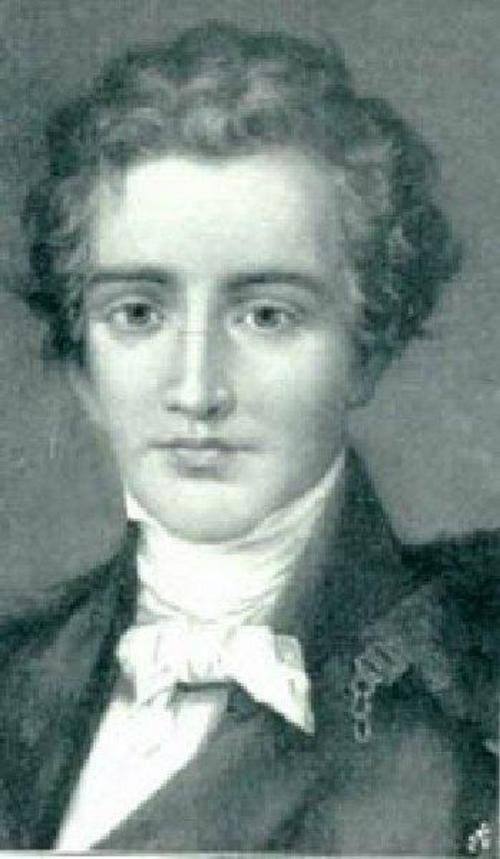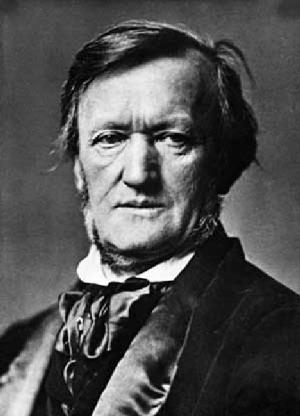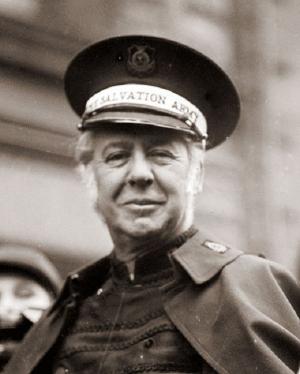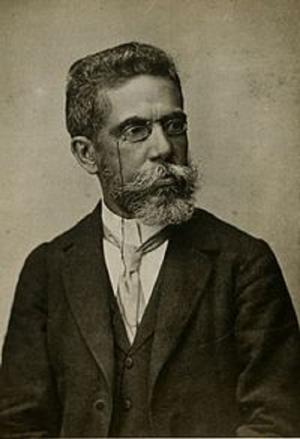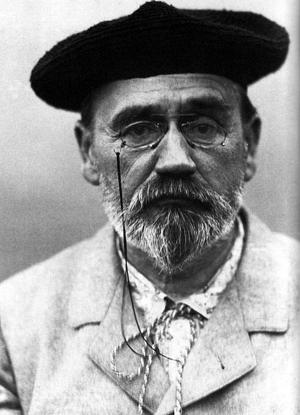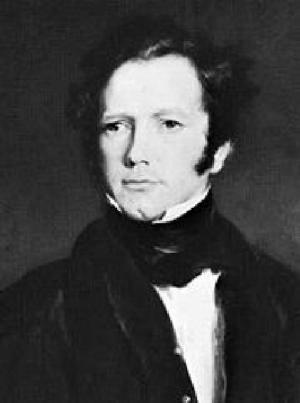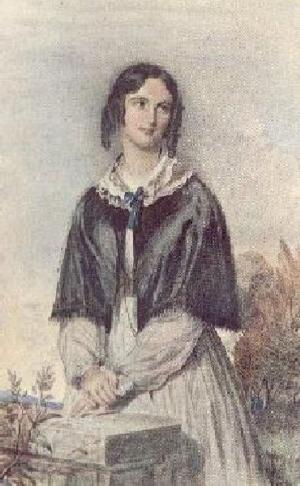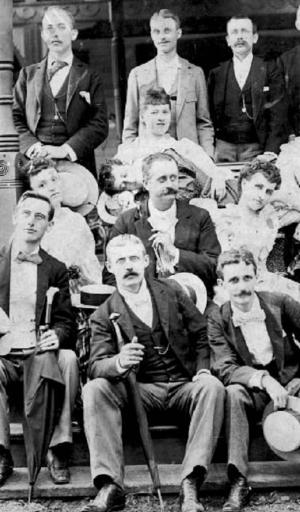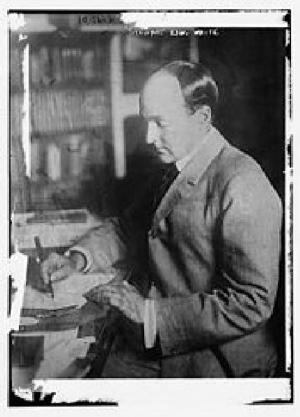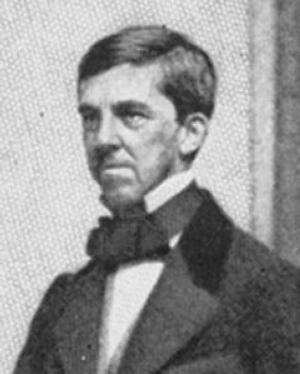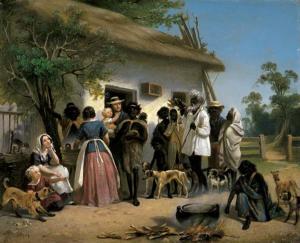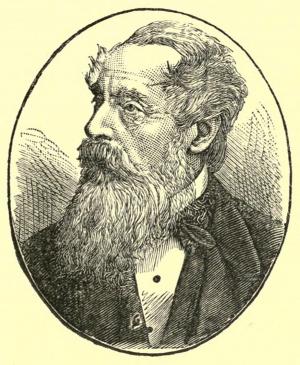| Author: | Wilhelm Hauff | ISBN: | 9781455401901 |
| Publisher: | B&R Samizdat Express | Publication: | February 16, 2012 |
| Imprint: | Language: | English |
| Author: | Wilhelm Hauff |
| ISBN: | 9781455401901 |
| Publisher: | B&R Samizdat Express |
| Publication: | February 16, 2012 |
| Imprint: | |
| Language: | English |
The Banished: According to the translator's preface: "...his aim was to give an account of an event which took place in his own country, together with a faithful description of the national manners and customs of the period of which he treats; and being written at the time when the author of Waverley was as yet only known as the "Great Unknown," it would seem that M. Hauff, impelled by the fascination of his writings, has adopted him as his model, as may be seen from the following extract from his introductory chapter: "Thanks to the happy pencil of the renowned novelist, who has painted in such lively colours the green banks of the Tweed, the Highlands of Scotland, old England's merry day, and the romantic poverty of Wales, all classes among us read his admirable works with avidity, rendered into our language in faithful translations, and realizing to our minds historical events which happened some six or seven hundred years back." According to Wikipedia: "Wilhelm Hauff (November 29, 1802 November 18, 1827) was born in Stuttgart, the son of August Friedrich Hauff, a secretary in the ministry of foreign affairs, and Hedwig Wilhelmine Elsaesser Hauff... Considering his brief life, Hauff was an extraordinarily prolific writer. The freshness and originality of his talent, his inventiveness, and his genial humour have won him a high place among the southern German prose writers of the early nineteenth century."
The Banished: According to the translator's preface: "...his aim was to give an account of an event which took place in his own country, together with a faithful description of the national manners and customs of the period of which he treats; and being written at the time when the author of Waverley was as yet only known as the "Great Unknown," it would seem that M. Hauff, impelled by the fascination of his writings, has adopted him as his model, as may be seen from the following extract from his introductory chapter: "Thanks to the happy pencil of the renowned novelist, who has painted in such lively colours the green banks of the Tweed, the Highlands of Scotland, old England's merry day, and the romantic poverty of Wales, all classes among us read his admirable works with avidity, rendered into our language in faithful translations, and realizing to our minds historical events which happened some six or seven hundred years back." According to Wikipedia: "Wilhelm Hauff (November 29, 1802 November 18, 1827) was born in Stuttgart, the son of August Friedrich Hauff, a secretary in the ministry of foreign affairs, and Hedwig Wilhelmine Elsaesser Hauff... Considering his brief life, Hauff was an extraordinarily prolific writer. The freshness and originality of his talent, his inventiveness, and his genial humour have won him a high place among the southern German prose writers of the early nineteenth century."
